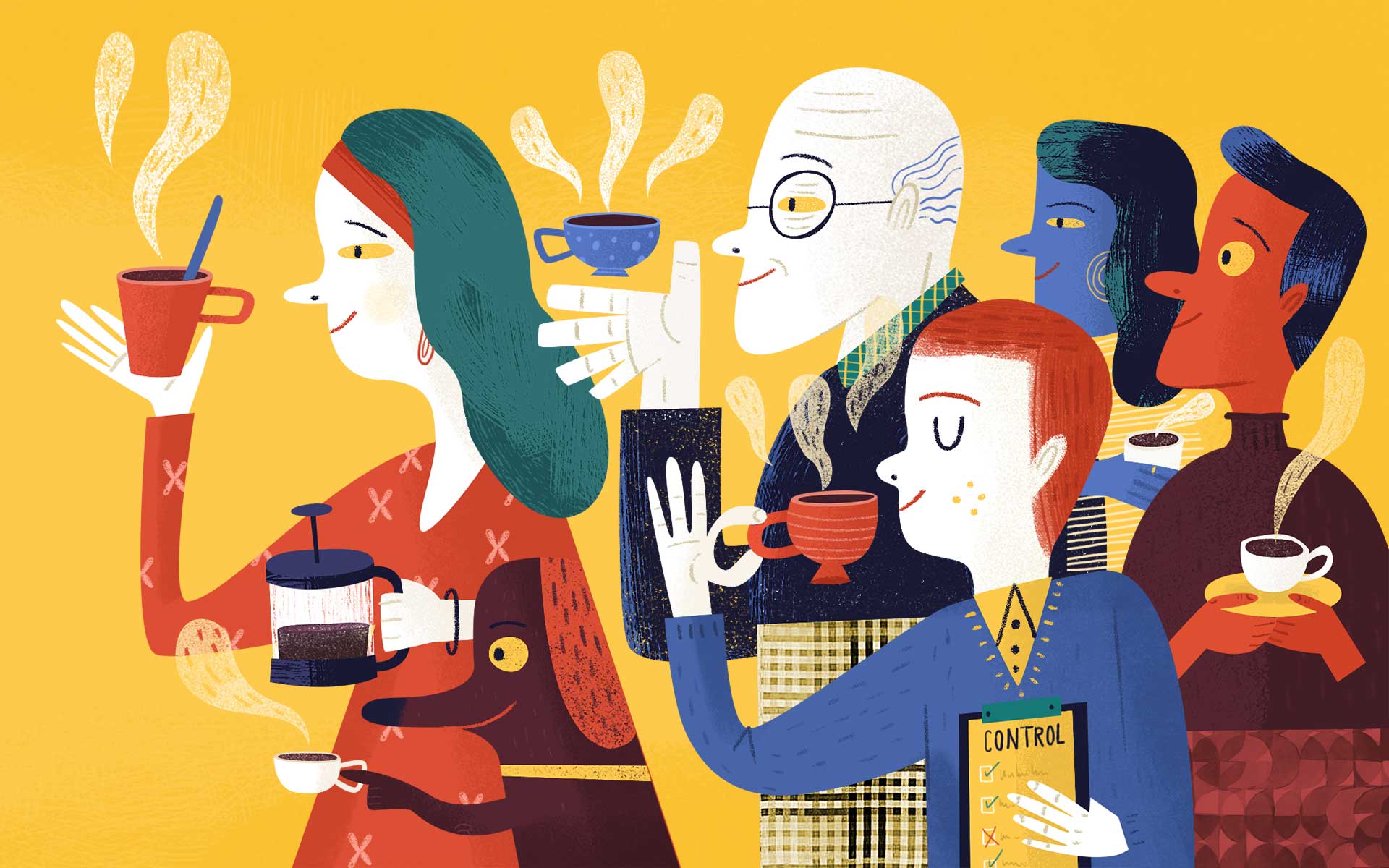When we think of sophisticated markets, luxury goods such as jewelry, haute couture, cars or trips to exotic places probably come to mind. However, even in industries that do not fall under this category, consumers can demand as much from the products they buy as the most elegant customer in a famous Italian designer’s boutique.
Therefore, we might logically ask: In which industries can this type of consumer be found? What motivates them? Is it a segment that already exists within a certain industry or can this type of consumer be generated and developed? Understanding how this sophistication process develops from the consumer's perspective can provide invaluable insights into the business strategies of a specific industry.
Let’s take a look at a product whose consumer sophistication has been exceptional in the past few years: coffee. Coffee consumer profiles include those who drink this beverage every day as part of their morning ritual to start the day and those who drink it in social settings in a branch of one of the most emblematic chains. Although we can expect a person who belongs to one of these segments to remain in it indefinitely, some consumers might, at some point, migrate from one segment to another for a variety of reasons. This is when we can refer to a sophistication process.
The sophistication route
Let’s imagine that we are the kind of person who throughout his or her adult life has always had a cup of instant coffee at home or who takes advantage of the convenience store boom and goes to his or her favorite chain for a specially-priced refillable cup. But one fine day, a friend invites us to a coffee tasting. A coffee tasting? Our curiosity gets the better of us and we decide to go, feeling somewhat skeptical because, after all, coffee is just coffee, isn’t it?
Most of us know that wine tasting involves a specific ritual, but coffee also shares a similar cult and can be assessed in terms of sweetness, acidity, intensity and strength, among other qualities that connoisseurs can appreciate. After listening to the introduction of the person who claimed to be a Q-grader, we tried three types of coffee from different regions in the world, opening up a whole new universe for our palate.
After experiencing something like this, one of two things may happen: 1) it becomes an anecdote, enjoyable (or not), but it’s simply another experience, or 2) you decide to investigate, go to similar events, ask how you can learn more, try new types of coffee and gradually become part of this select segment in which the price of coffee or the amazing gourmet places where you can buy it are not necessarily of importance, but it goes beyond that. The second scenario forms the basis for a series of relevant investigations to define marketing strategies.
Refinement of mass-market goods
As can be seen with the coffee industry, a specific product can have different consumer profiles, migrating from one segment to another, depending on certain factors that might not have been taken into consideration, such as:
- the consumer’s level of education
- the degree of involvement of the consumer with the product
- the degree of complexity of the industry
- the profile of the consumer who is the subject of this sophistication
If we manage to understand this, we could be facing the opportunity to generate sophisticated industries. Where previously we saw a mass-market product, the possibilities of a series of new business models open up, with enormous potential for growth and success.
In the case of coffee, this sophisticated consumption spells business dynamics with greater transparency and a more equitable distribution of wealth, social responsibility and honest communication. If all industries with a certain degree of sophistication had these components, we would also discover new value structures for each and every member of the industry.

